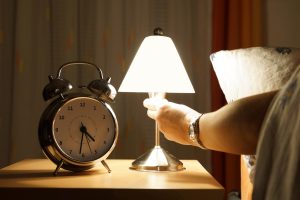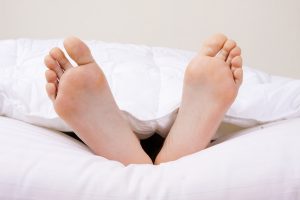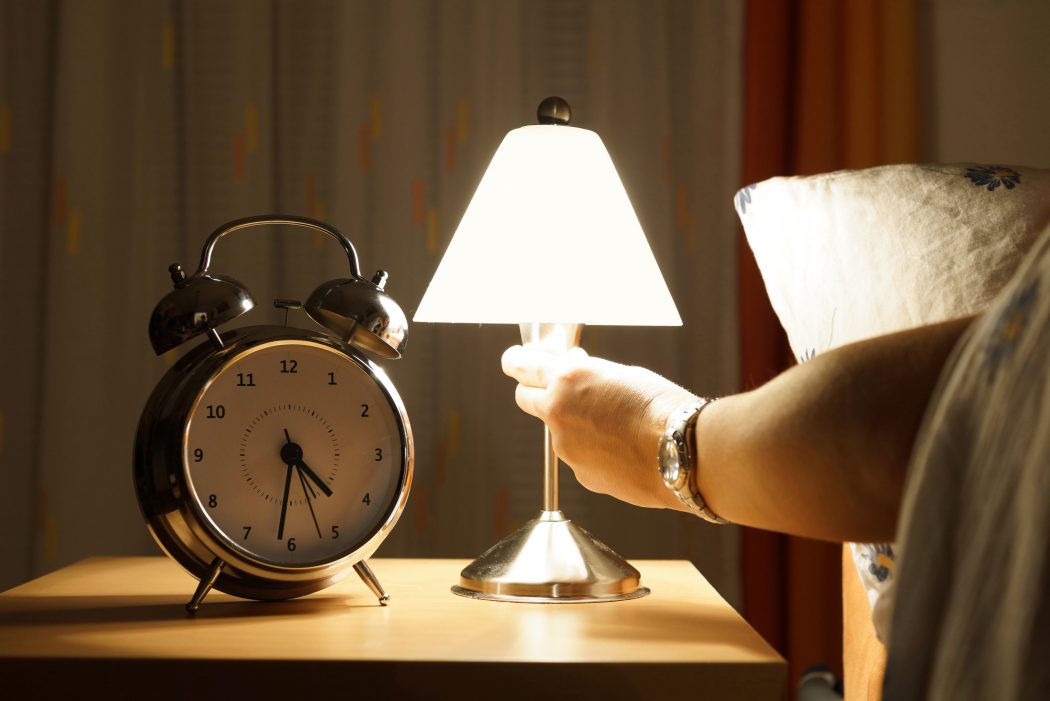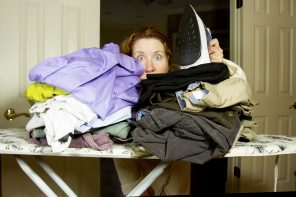 Most of us have been here – the place of wide-eyed frustration – desperately wanting to sleep but simply can’t. So, what do we do when we can’t sleep?
Most of us have been here – the place of wide-eyed frustration – desperately wanting to sleep but simply can’t. So, what do we do when we can’t sleep?
First off – as the saying goes, “an ounce of prevention is worth a pound of cure”!
Preventing Sleeplessness
Know the common causes of sleeplessness – especially those specific to you!
Eating too late in the evening will detract blood flow from your brain to your stomach to accomplish digestion. Finish eating no later than a couple of hours before your bedtime. If you must eat, choose some lean protein (like deli meat). Infamous insomnia-causing foods include dairy products, tomatoes, spicy foods, as well as foods containing sugar and/or caffeine.
High amounts of stress during the day can make it difficult to wind down at bedtime. Try cutting back on stress-inducing factors in your life. Implement stress relieving activities every day, such as gentle exercise, stretching, deep breathing/meditation, reading a favorite book, music, aromatherapy, massage, a warm bath, a talk with a friend, etc. Also, taking calcium and magnesium right before bed helps calm the body and relax muscles.
Any type of screen emits unnatural light that inhibits the release of melatonin and other “drowsy” hormones! Plus, the constant barrage of new information forces your brain to stay awake and process. Violence, drama, and excitement of any kind via television shows or texts from friends will also make it difficult to feel sleepy. Do yourself a favor and keep away from all screens for at least the hour before bedtime. Turn your phone’s ringer off during the night to avoid unwanted awakenings.
Food sensitivities can also cause sleeplessness. This is one that most western doctors don’t seem to understand just yet! Many people have sensitivities – even if they aren’t aware of them. You may not have a full-blown allergic reaction, but you can have other symptoms of food intolerance, such as insomnia, weight gain, anger and irritation issues, inability to focus, stomachaches, headaches, bloating, cramps, diarrhea, constipation, etc. For me, one of my triggers is chocolate. I can’t have any chocolate whatsoever during the day and expect to sleep at night. Don’t ask me why – it’s just unique to my body. What are your own triggers? Have you been having symptoms that lead you to believe you might be sensitive to a certain type of food?
Being in bed is a common culprit that few people seem to know about. If you use your bed to read, watch TV, or just relax in during the day, your body stops recognizing your bed as a place to sleep. Stay completely away from bed during the day and you’ll find that your body is better at falling asleep in bed at night, when you want it the most!
Exercising within two hours of bedtime causes an increase in adrenaline while increasing blood pressure and boosting your metabolism. While these are great benefits of exercise, and while exercise is vital to overall health, make sure you get your workout in earlier in the day to avoid sleep disruption.
Temperature issues can be a real issue as well. Rooms that are too hot or too cold will keep your body working, not resting. Make sure to find a good balance of room temperature, pajamas and blankets. A stress doctor once told me that having warm feet is a must for sleeping soundly. Worth knowing!
Hormonal fluctuations can also cause sleeplessness. For me, I have 2-3 nights a month where I have difficulty getting to sleep, no matter what I’ve done or not done.
Dehydration is another cause of insomnia. Water is vital to every body function, including sleep. Always have a glass of fresh water right by your bed and drink a full glass (8 oz) of water right at sleepytime. If you tend to get up to use the bathroom in the middle of the night, then focus on drinking lots of water in the hours between dinner and bedtime, and drink no more water starting an hour before you turn off the lights.
Lack of exercise can contribute to feelings of restlessness as you’re trying to fall asleep as well. Get good, sweat-inducing exercise at least 3 times per week and your sleep will surely benefit. Just remember from above to finish your exercising at least two hours before bedtime.
Worry will get the best of you as well. If you’re worrying over a relationship, a deadline, or just a complicated life issue, don’t try to sleep before there is some resolve. The Bible encourages us to not go to bed when we’re angry (Ephesians 4:26) so do your part to make the issue right. If it’s not anything you have control over, give it to the Lord, process it through some journaling or a conversation with a friend/spouse who cares for you, then hopefully you can enjoy a more peaceful sleep.
Well, you might say, this is all fine and dandy, but what do I do when I can’t sleep right now?

What to Do When You Can’t Sleep
First and foremost, don’t panic. Becoming frustrated or worked up over your sleeplessness will do nothing but make it worse!
You have three simple options:
1. Get Up!
If you can accomplish some of the day’s tasks during the night, then by all means, use the time to be productive. If you’d rather go for the relaxing route, try reading, taking a warm bath, praying, journaling, or stretching. Then try again!
2. Stay in bed!
You don’t have to be asleep to get rest during the night! Stay in bed, lights off and eyes closed, while you can’t sleep – let your mind wander, or pray, or sing songs in your head that might help you feel sleepy again.
3. Sleep Aid!
Use a sleep aid and then try to sleep again! Avoid using sleep aids that are habit-forming (basically guaranteeing more sleepless nights unless you use it every night). Natural sleep aids include lavender essential oil, Chamomile tea, or tinctures that you can easily find in your local health food store. If the natural sleep aids don’t help, I like to keep a simple and effective sleep aid by my bed for the worst nights – ZzzQuil. One half of the chewable tablet works for me.
Whatever option you choose, try to learn from your sleepless nights so that you can avoid more in the future. Go through the list above and think about what you did that day, or just before bed, that may have caused the sleeplessness.

For Ryan’s take on sleeplessness, check out this short video!
Peaceful sleep to you and yours!
Stacey Joy





